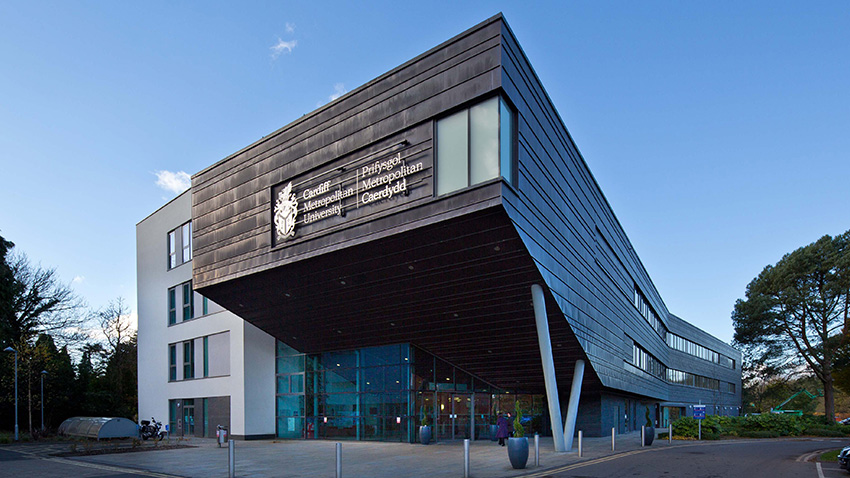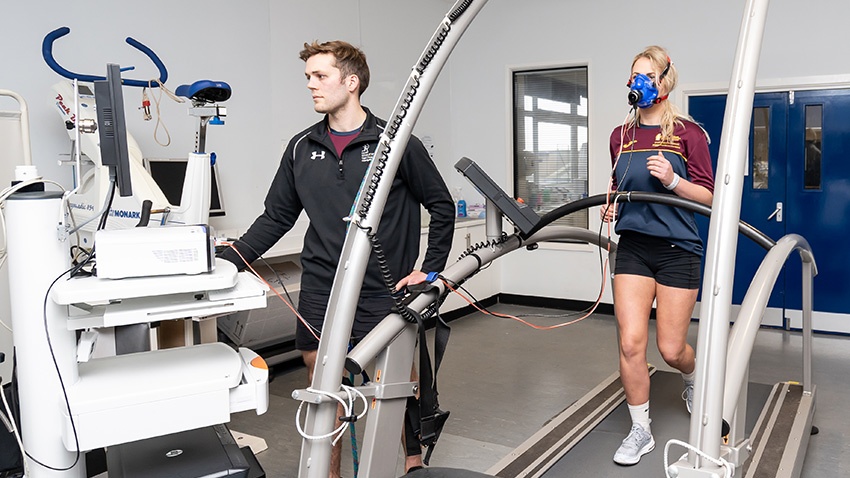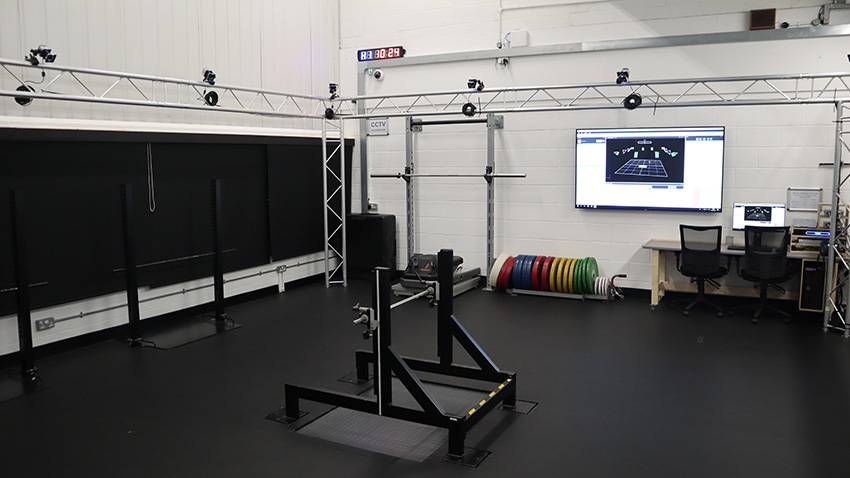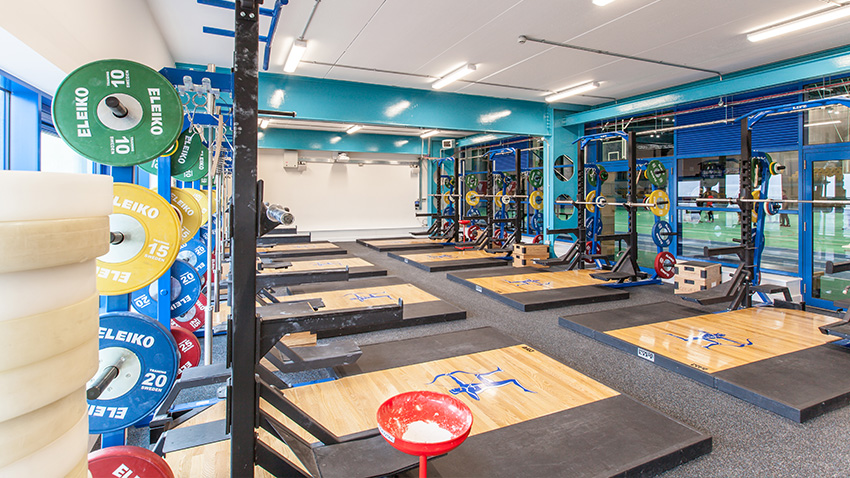📖Program Curriculum
Year One
The Developing Child (20 credits)
What is 'childhood' and how does this relate to development across the lifespan? What impact does poor mental and physical health have on children and their development? These modules will develop your knowledge of child development and will consider both psychological and physical development and factors that influence this. Topics covered include how a child's psychology changes over time and how the social world impacts upon cognitive development. Important milestones will be considered, for example in relation to the emergence of social/emotional behaviour and speech and language, and how these relate to both normal and atypical development.
Empowering and Safeguarding Children and Young People (20 credits)
Why do children need protecting? To what extent should children have a voice in decisions that impact on them? This module will explore key legislation and policy in place to protect and safeguard children from maltreatment. The module also seeks to explore the balance between ensuring children are protected as well as empowering and listening to the views of children. Topics covered include differing perspectives of childhood, safeguarding in practice as well as exploring the challenges of empowering children with disabilities and complex needs.
Additional Learning Needs and Inclusive Practice (40 credits)
What are SENs and ALNs and what does it mean to have these needs? What does it mean to be inclusive and how inclusive is our education system? What agencies partnerships collaborate to provide special education? This module considers historical developments in the fields of inclusion, disability and special/additional needs and will examine theories and concepts in these areas. There will also be opportunities to explore what inclusive practice means in the classroom. It will cover topics such as models of disability, inclusive educational practice, support services, legislation and policy and the role of practitioners and parents in supporting learners with learning disabilities and additional educational needs. You will be prepared for a work experience placement within an ALN setting during the module, which in turn is linked to second year work placement module.
Engaging with Learning and Research 1 (20 credits)
What academic skills are essential for success in psychology and education and how can these be developed? How do psychologists go about doing research and creating theories? What makes good evidence? This module aims to support your transition into the academic environment of university by supporting the development of academic and research skills which are essential throughout the degree and beyond. You will learn about different approaches to research in educational contexts as well as develop skills to evaluate published studies. By the end of this module, you will have begun developing and practicing the academic and research skills necessary to support higher education learning.
The Nature of Education (20 credits)
What is education? Why do we educate people the way we do? How has psychology influenced education? Building on foundation disciplines such as history, sociology, philosophy and social policy, this module will explore how social, cultural, political and economic developments have impacted on our education system. Central to this module is a consideration of the impact of psychological theory and research on educational practice. Keeping up to date with the ever changing landscape of education, the module will also consider current topical issues in education.
Year Two
Thinking and Learning (20 credits)
How and why do we learn? What are augmentative and alternative communication methods and how do they help those with severe communication impairment? What are the cognitive explanations for dyslexia and how have these supported policy and practice? This module will introduce you to concepts surrounding how humans think and learn. Core topics in cognitive psychology will be covered, such as memory and language and the applications of cognitive psychology to understanding teaching and learning processes. The psychological explanations for specific learning difficulties will also be explored, for example dyslexia, dyspraxia and dyscalculia.
Social Behaviour and Communication (20 credits)
How do the interactions between students and teachers affect classroom dynamics? How important are friendships in schools and classrooms? What has psychology told us about the nature of bullying and the effectiveness of anti-bullying strategies? This module explores application of social psychology to our understanding of social behaviour in educational settings. It will address key concepts, theories and research in social psychology, and consider how social psychology contributes to our understanding of the individual as a social being. There will also be an opportunity to complete and externally accredited course aimed at developing interpersonal communication skills.
Explaining Diversity in Education (20 credits)
Why and in what ways do people differ? Are there more similarities than differences? Can diverse learners be supported equally? These questions reflect some of the core issues in psychology and education. Using the concept of neurodiversity (that differences are part of normal human variation), individual differences will be explored. By considering the development of children and young people at a biological, cognitive and environmental level, an understanding can be gained of how and why individuals can differ in terms of personality, intelligence, neurodevelopmental disorders, thinking, speech, language and communication, vulnerability and resilience, and mental health
Investigating Behaviour (20 credits)
What issues should be considered when planning and executing research? How are findings from psychological research interpreted and reported? What are the ethical considerations when conducting psychological research in educational contexts? Many of the most important insights into the workings of the human mind and the complexities of human behaviour derive from scientific research. This module builds on the first year 'Engaging with Learning and Research' modules and aims to continue developing the practical skills necessary for scientific research in psychology and education. It will equip you with the practical and conceptual skills necessary to conduct psychological investigations in educational contexts so that you are adequately prepared for the final year Independent Research project.
Inclusion in education (20 credits)
How fair is the British education system? Why do girls do better than boys in school? How are more able and talented learners identified, assessed and provided for? What strategies might address inequalities in education and how effective are they? This module provides a critical understanding of contemporary evidence, research and practice in education and equality. Key theories and concepts in education and equality will be examined (e.g. poverty, social justice and exclusion, refugee and asylum seekers, additional learning needs, gender issues and ethnicity). These will be related to relevant examples in contemporary educational policy and practice.
Work Placement (20 credits)
How does what you learn on the course relate to professional settings? What skills do you already have and what skills do you need to further develop that enhance employability? This module requires you to have already completed a work experience placement at the end of the first year, and it will continue to develop employability skills and encourage thinking about careers following graduation. The placement would normally take place in a setting supporting additional learning needs, though this is flexible based on your personal needs and experience of the previous work placement. You may also have the opportunity to further enhance your employability by extending your placement by mutual agreement with the provider.
Year Three
Future of Education (20 credits)
What impacts do economics and politics have on the education system? How will technological developments will shape the future of education? How does UK education system compare with those in other countries and what effect does this comparison have? This module will provide you with a sound understanding of contemporary issues within the education sector. Political, economic, social and technological issues within 21st Century education will be considered, and future trends in education policy and practice will be explored.
Issues and Debates in ALN, Disability and Inclusion (20 credits)
What are the trends in multi-agency working in effectively responding to needs? Should all learners have access to the same amount of support? How are individuals with learning needs supported in other countries? This module aims to provide students with the opportunity to develop a critical approach to current issues and debates in ALN/SEN, including, policy, law and litigation, curriculum planning and pedagogy, identifying needs, continuity, transition and international perspectives. It will also explore some of the challenges faced by professionals in ensuring inclusion. The module will require you to undertake a placement so that issues and debates within the module can be explored in professional settings.
Understanding Learner Behaviour (20 credits)
How does the brain learn new things? Can measurement of brain activity tell us anything about ability differences? Do genes predict learning ability? This module will examine the biological bases of learning and behaviour, sometimes referred to as educational neuroscience. The integration of biology and behaviour will be explored, including how a person's behaviour can affect his or her biological functioning and how brain activity gives rise to cognition. It will also consider biological origins of intellectual and developmental disabilities, for example learning disability, autism and ADHD.
Emerging Themes in Psychology and Education (20 credits)
This module examines a variety of up to date approaches to the growing field of education, psychology and additional learning needs. You will explore new and emerging ideas in the application of psychology to education such as positive psychology and neuro-education, and will bring applied psychology right up to date by investigating educational issues in the news current at the time. This module provides an ideal taster for students who might be considering postgraduate study on the MSc Psychology in Education programme within the School.
Independent Research project (40 credits)
This is an opportunity for you to undertake an original piece of research, under supervision from a member of staff. You will take responsibility for formulating a research question within the context of psychology in education, producing a literature review and designing and implementing a study that resolves the research question. Your findings will then be analysed, written up and discussed. This will enable you to demonstrate independence in your approach to research and enhance your project planning experience.
🏠 Accommodation
You will need to book the accommodation after you have been accepted.
You can choose to live on campus or off campus in private accommodation.
How to book:
- Make a booking online after you have been accepted (in this case please let us know your choice when you apply).
- Register when you arrive - its not possible to reserve a room before arriving. You can arrive a few days before and book it
💰 Fees
Application Fee:
$0 USD
Tuition fee:
15,000 GBP per year
60,000 GBP in total
❓✅❌ Entry Requirements
The minimum age is 18.
English fluency is required.
You need to be either:
- A native English speaker
- Studied a degree in English before
- Can demonstrate a high level of English
- Having an English certificate such as IELTS level 6 or TOEFL 95 and above is an advantage.
Minimum education level: High School.
The program is competitive, you need to have a high grades of Average A, 70%, or a high GPA.
All students from all countries are eligible to apply to this program.
Or see the list of programs you are eligible for here .
📬 Admissions Process
3 Steps to Apply to a University
Please choose the programs here , "You are advised to select 2-3 programs to increase your chances of getting accepted.
Required Documents:
- Passport
- Graduation certificate
- Passport size photo
- Official transcript
- Personal statement
- English certificate (You can take the English test online)
- Guarantor letter
Preparing documents:
You can start your application now and send the application documents during your application. Some documents you can send later if you don’t have them right away. Some more info about preparing application documents is here
Application process:
Applying Online is simple in just a few steps. More information is available here.
The first steps are to choose the programs, pay the application fee and upload the application documents.
Once submitted to Global Admissions, we will review your application within 2-3 days and proceed to the university or ask you for further clarification
After it has been processed to the university you will receive your unique application ID from each university.
The university may contact you directly for further questions.
We will then follow up each week with the university for updates. As soon as there is any update we will let you know. If you have made other plans, decide to withdraw / change address at any time please let us know.
After you have been accepted you will receive your admissions letter electronically and asked to pay the non-refundable deposit to the university.
Once you have paid the deposit the university will issue you the admissions letter and visa form to your home country.
Show less❓ Have a Question?
There are no similar questions. Please send us your question below




